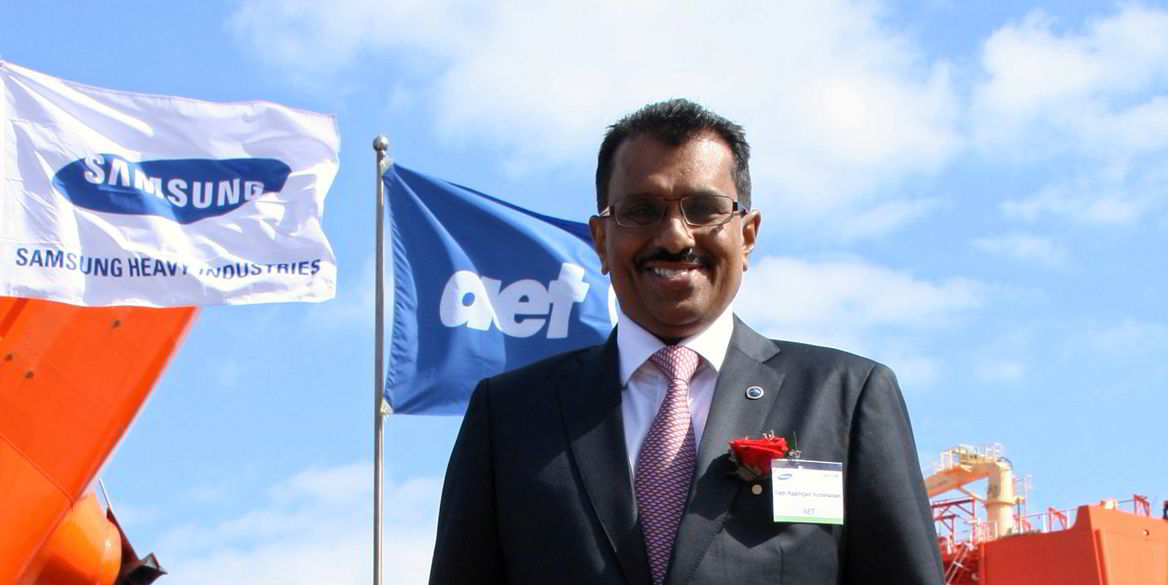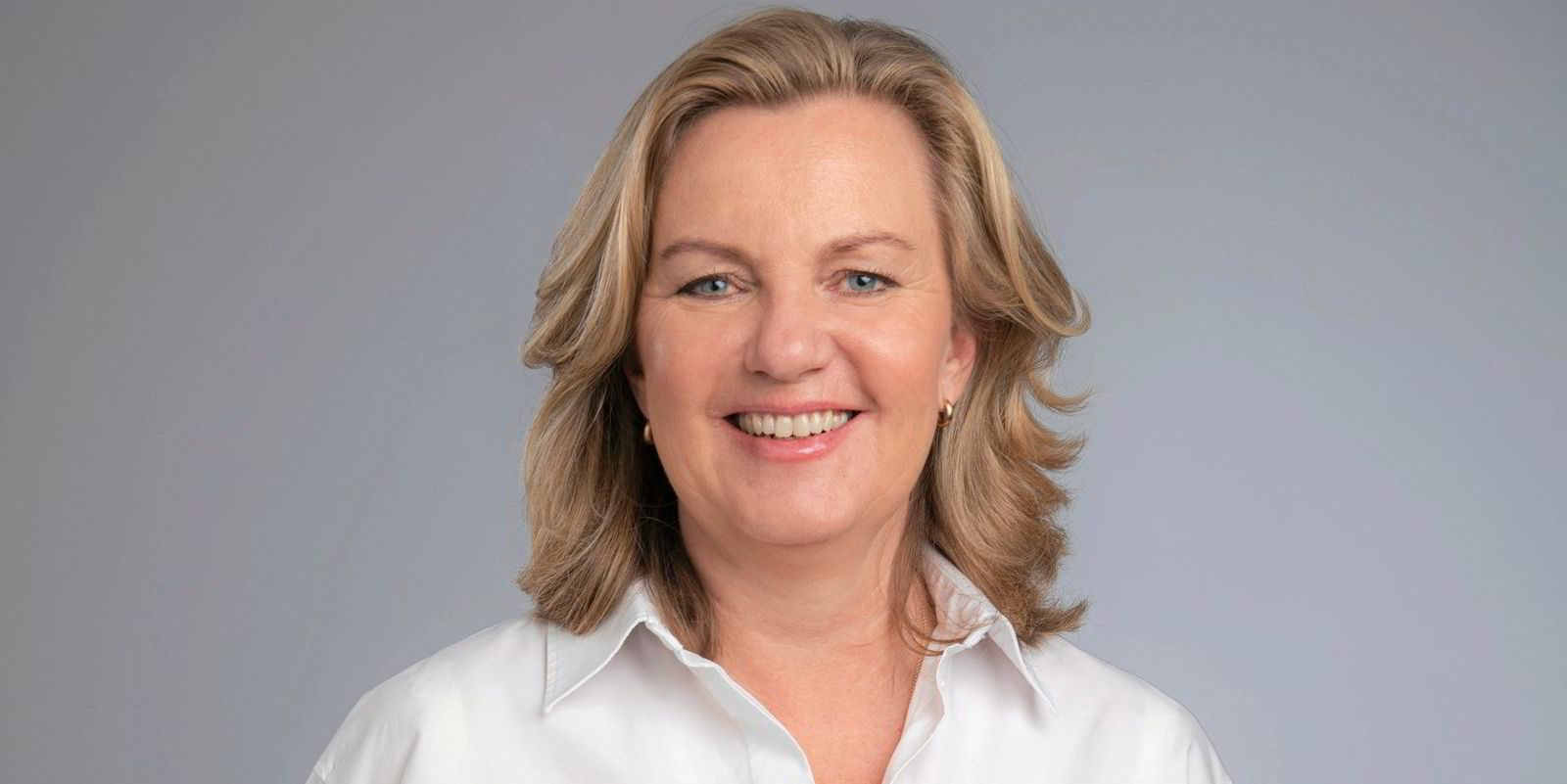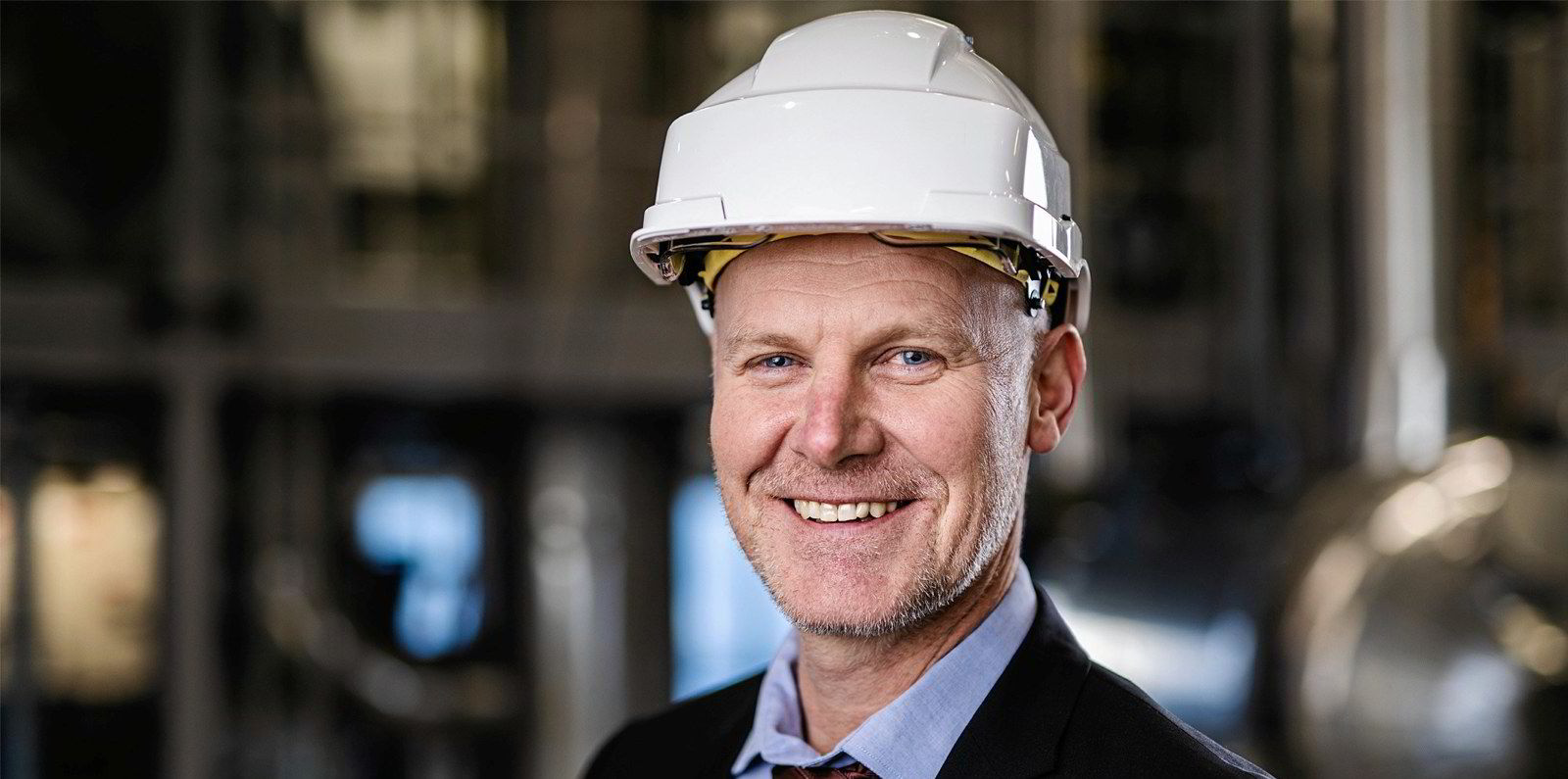MISC Berhad has teamed up with Mitsui & Co, Samsung Heavy Industries (SHI) and Austrian industrial solutions giant Andritz to collaborate on carbon capture solutions for the shipping industry.
The Malaysian shipping heavyweight on Wednesday signed memorandums of understanding (MoUs) with the three companies to explore opportunities for carbon capture and storage solutions in the maritime value chain which include identifying storage hubs, and the development of floating solutions and carbon capture parts and equipment.
MISC’s president and group chief executive officer, Captain Rajalingam Subramaniam said carbon capture and storage technologies as well as related infrastructure, are pivotal measures to support and accelerate the transition towards a low-carbon future.
“Strategic collaborations with global stakeholders have always been our approach, and we will continue forging partnerships in the development and commercialisation of the carbon capture and storage value chain.
“The MoUs reflect MISC’s ambition to define our role in a future that is being shaped by the energy transition and we are pleased to explore opportunities in this new venture with our partners,” he said.
MISC, together with Mitsui & Co, will jointly collaborate on business opportunities across the carbon capture value chain, including the identification of potential carbon capture hubs, and assessing the commercial and technical viability of carbon capture solutions.
The partnership with SHI covers the joint development of the engineering, procurement and construction of floating carbon dioxide (CO2) solutions to facilitate and support the optimisation of offshore carbon capture projects by combining each party’s expertise, experience, and resources.
The cooperation with Andritz covers the application and optimisation of carbon capture technologies and the execution of engineering, procurement, construction, installation, and commissioning of carbon capture systems for marine and land-based applications.
“Our commitment towards decarbonisation is further reinforced through our firm partnership in The Castor Initiative, a global coalition which was formed to develop ammonia as a viable fuel for the maritime industry,” said Rajalingam.
“Discussions are also in progress to expand our partnership to ensure that we operate in a sustainable manner and are prepared for the transition. Our collective expertise as a group in energy shipping, maritime and port management, offshore engineering and fabrication places us in a viable position to develop and play an important role in the carbon capture and storage value chain,” he added.
As shipping grapples with its greenhouse gas emissions, the industry is showing growing interest in onboard carbon capture as a way to continue using fossil fuels amid the wait for zero-emission alternatives.
Proponents of the technology hope that placing carbon-capture equipment on ships could play a key role in tackling greenhouse gas emissions.
The development of the technology is still in its infancy at sea but more mature on land and with several maritime alternatives under development.
Sigurd Jenssen, director of exhaust gas cleaning systems at Wartsila, recently told TradeWinds that carbon capture and storage systems can generate significant emissions reductions much faster than alternative solutions, and will be technically and commercially available on the market by 2025.





